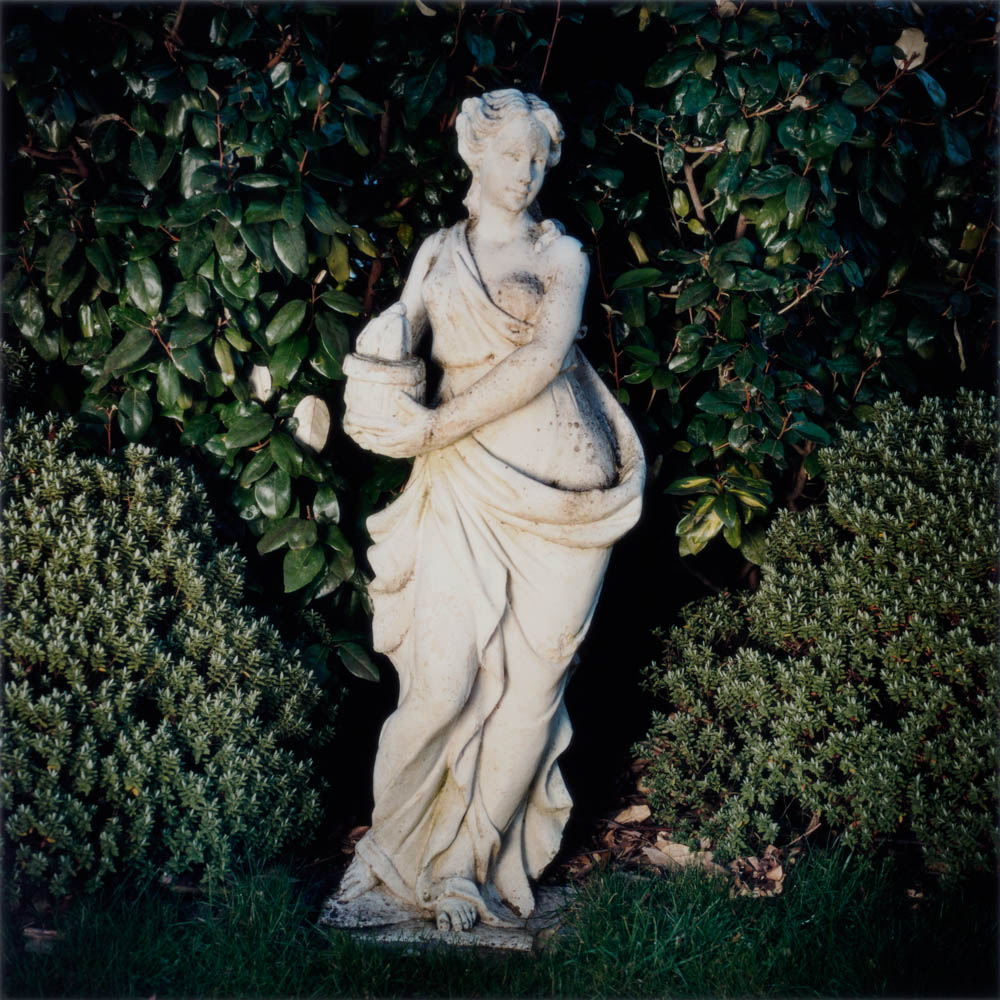 Lucy Levene, from the series The Spaghetti Tree, 2013, courtesy the artist
Lucy Levene, from the series The Spaghetti Tree, 2013, courtesy the artist
The only present reality for the migrant is work and the fatigue which follows it. Leisure becomes alien to him because it forces him to remember how far away he is from everything that he still believes to be his real life.
John Berger, A Seventh Man, 1975
 Lucy Levene, from the series The Spaghetti Tree, 2013, courtesy the artist
Lucy Levene, from the series The Spaghetti Tree, 2013, courtesy the artist
The ‘outsider’ had replaced the spectre of communism as the greatest threat to the integrity of Western Europe.
W. M. Spellman, Uncertain Identity: International migration since 1945, 2008
 Lucy Levene, from the series The Spaghetti Tree, 2013, courtesy the artist
Lucy Levene, from the series The Spaghetti Tree, 2013, courtesy the artist
People are really rather afraid that this country might be rather swamped by people with a different culture.
Margaret Thatcher, World In Action, TV interview, 1978
 Lucy Levene, from the series The Spaghetti Tree, 2013, courtesy the artist
Lucy Levene, from the series The Spaghetti Tree, 2013, courtesy the artist
In modern times, the sense of self is not just inscribed upon and engraved by place as an immediately experienced location, a locality… People learn to imagine geographies, to imagine communities that dwell within far-flung boundaries and to develop a sense of belonging to a place that is an abstract concept, a set of fabricated meanings mapped onto an actual landscape.
Devora Neumark, ‘Performing Aesthetics, Performing Politics: The Jewish Home Beautiful & the Reshaping of the Jewish Exile Narrative’, in Crossing: Journal of Migration & Culture, 2010
 Lucy Levene, from the series The Spaghetti Tree, 2013, courtesy the artist
Lucy Levene, from the series The Spaghetti Tree, 2013, courtesy the artist
The aesthetics of difference, of otherness can either be held at a distance as foreign, alien, invasive, or embraced as transformative, necessary, invigorating and productive.
Griselda Pollock, Migratory Aesthetics, 2007